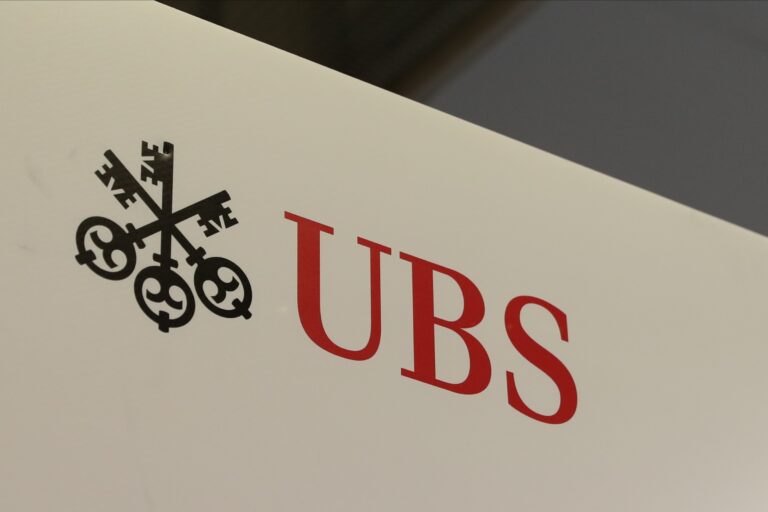Ubs buys rival Credit Suisse for more than 3 billion euros in a historic deal to try to defuse the ongoing crisis in the banking system and birth one of Europe’s largest banks. Ubs will get up to 100 billion in liquidity from the Swiss Central Bank to meet any losses from Credit Suisse.
In short, it’s a done deal, at the end of a weekend of hectic negotiations, almost dramatic given the risk of a contagion effect that moreover now sees the major central banks – ECB, Fed, plus Japan, England and Canada – stepping in with new extraordinary liquidity injections.
In detail, Ubs is buying Credit Suisse for 0.76 Swiss francs per share, or 3 billion Swiss francs, according to a note. The biggest highlight for individuals is the zeroing out decided by Swiss market authorities of the ‘Additional tier 1 (At1) bonds worth 16 billion francs. The At1s were launched a decade ago precisely as a loss absorption mechanism: their write-down strengthens the bank’s financial position by reducing its liabilities.
Table of Contents
Ubs buys Credit Suisse, the incentive package
In return for the deal, made under pressure from policymakers and regulators, Ubs got several other measures to support the rescue. First, 100 billion in extra liquidity from the Swiss National Bank, then 9 billion in government guarantees to cover redundancies, lawsuits, and capital losses from divestments.
Then, a screen on lawsuits and the possibility of waiving rules that give shareholders six weeks to endorse such transactions. Not only that, according to reports by international agencies, Ubs would include among the conditions possibly suspensive if Credit Suisse’s Cds reach levels deemed too high.
Read also: Credit Suisse, the crisis and the stock market crash: what happened
Ubs buys Credit Suisse, the exchange
Credit Suisse shareholders, the note says, will receive 1 Ubs share for every 22.48 Credit Suisse shares held, or 0.76 francs/share for a total consideration of 3 billion Swiss francs.
The unification of the two companies will generate a cost reduction rate of more than $8 billion yearly in the next two years.
Colm Kelleher will be the chairman and Ralph Hamers, the current CEO of Ubs, will be the CEO of the new entity. UBS has obtained pre-agreement from Finma, the Swiss National Bank, the Swiss Federal Department of Finance and other key regulators on the timely approval of the transaction.
Nationalization (with bail in) escaped and the risk of 10,000 redundancies
In the event of a failure to bail in, the Swiss government would be ready to nationalize the bank. A systemic solution that would inevitably require the involvement of certain categories of investors-not just shareholders-exposed on Credit Suisse.
Hence the sudden collapse of outstanding bonds, especially subordinated ones, on digital platforms. The bail in, in whatever form it takes, scares the market by definition, all the more so after it had been pricing the possibility of a marriage with Ubs since Friday night in what with all the exceptions of the case would still be a market transaction.
Meanwhile, a major employment issue also opens up. According to the Red Swiss banking union, a possible merger between the top two domestic banks would lead to about 10,000 redundancies, a monstrous figure in the face of which the association called for the immediate opening of a political table.
Read also: Silicon Valley Bank, can its failure contaminate other banks? The possible scenarios












